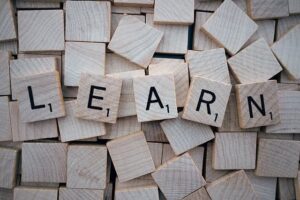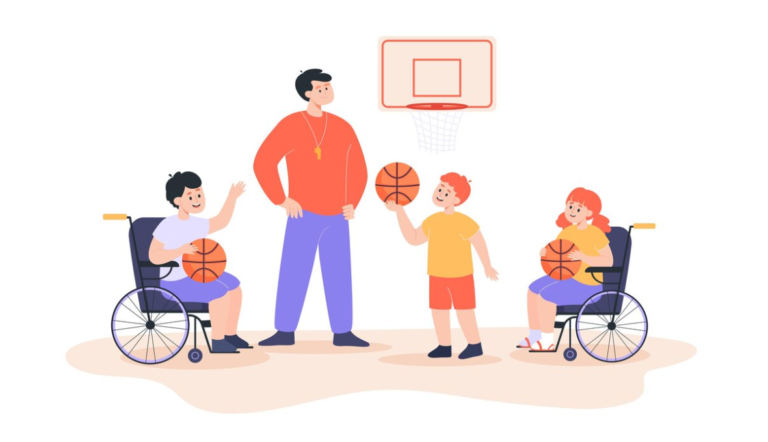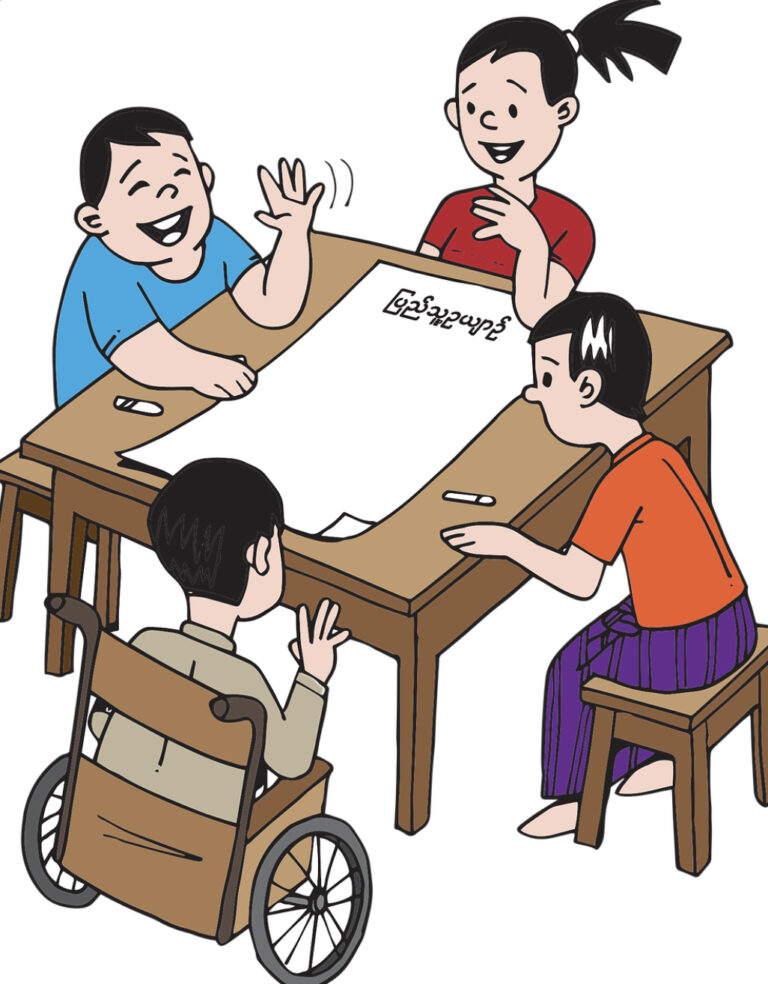Partnerships with families play a critical role in education for people with disabilities. Involving and supporting parents is an integral part of a successful educational process and contributes to better student outcomes. Here are some aspects that emphasize the importance of partnering with families in education for people with disabilities:
Understanding students’ needs and goals
Parents are the experts on their child and can provide valuable information about a student’s individual needs, abilities, and interests. Partnering with parents helps educators better understand each student and develop individualized education plans to meet their unique needs.
Development of Individualized Education Plans (IEP)
Parents play a key role in the development and implementation of IEPs for their children with disabilities. They participate in meetings where goals, needs and supports necessary for their child’s successful learning and development are discussed. Parents can also make suggestions and additions to the IEP to incorporate their own knowledge and experience.
Information Sharing and Feedback
Regular information sharing and feedback between teachers and parents play an important role in supporting the learning process of students with disabilities. Parents can be made aware of their child’s progress, strengths and weaknesses, and the additional resources and supports that are available. They can also share their observations, experiences, and suggestions to work together to achieve educational goals.
Support in the home environment
Parents play an important role in supporting the educational process in the home environment. They can help with assignments, reviewing material, creating an appropriate learning environment, and stimulating an interest in learning. Parents can also turn to resources and organizations that provide support and assistance to families of children with disabilities.
Participatory Decision Making and Advocacy
Parents can actively participate in decisions related to their child’s education. They have the right to express their opinions, concerns and needs, and to be advocates for their children in the education system. Parent participation in committees, parent councils and associations can help improve policies and practices in educating people with disabilities.
In general, partnership with families is especially important for the education of people with disabilities. It promotes a more effective and inclusive educational experience, strengthens the link between home and school, and provides optimal support and resources for each student’s development.
















